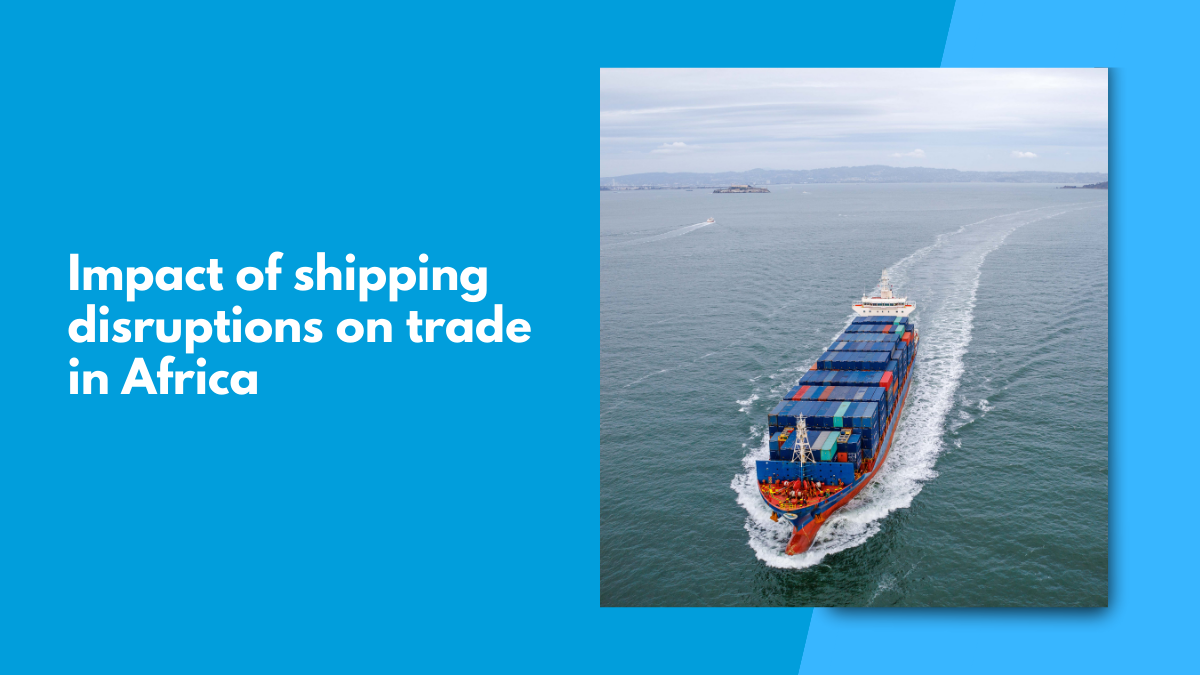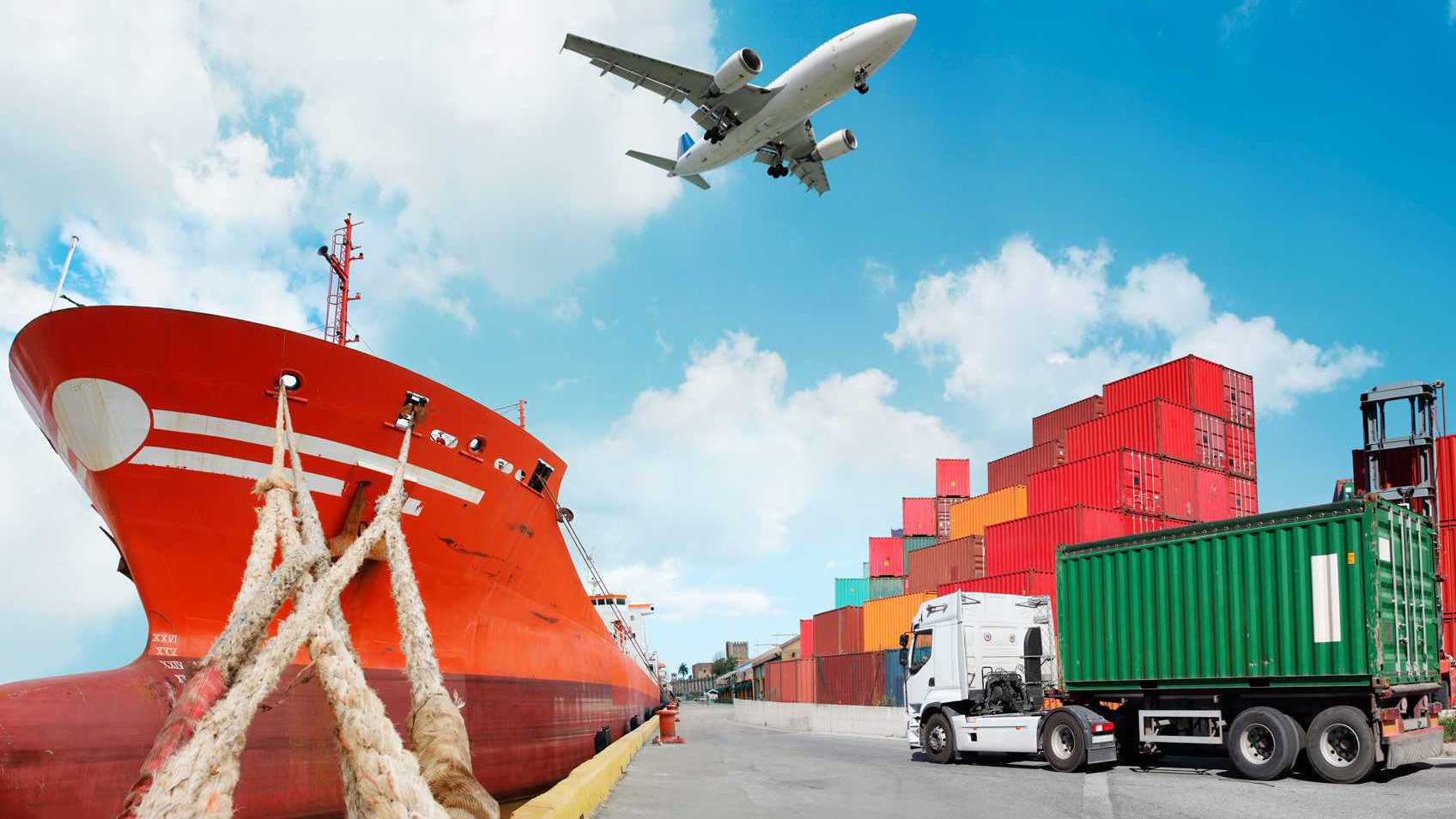
For the first time, the world faces simultaneous disruptions in two major global maritime trade waterways, with far-reaching implications for inflation and food and energy security. Since November 2023, escalating attacks on ships in the Red Sea have been compounding disruptions in the Black Sea caused by the war in Ukraine and in the Panama Canal due to climate-induced droughts.
Attacks on vessels in the Red Sea area reduced traffic through the Suez Canal, the shortest maritime route between Asia, Europe and Africa, through which about 15 percent of global maritime trade volume normally passes. Instead, several shipping companies diverted their ships around the Cape of Good Hope. This increased delivery times by 10 days or more on average, hurting companies with limited inventories. Given the risk of attack in the Red Sea, many ships are now avoiding the canal, opting for a longer route around Africa.
Longer shipping journeys mean more fuel demand; constraints to shipping in the Red Sea mean more supply constraints. Together, that means limited availability and higher costs per unit. This situation shall also increase the cost of transport and will have several economically disruptive impacts. The full impact of higher freight rates will be felt by consumers within a year.
Countries in East Africa are particularly vulnerable to trade disruptions, due to their relatively high reliance on wheat imports from Europe and the Black Sea. In the case of East Africa, previous research has shown that for many of the countries, imports account for a large share of consumption. Disruptions to imports could put further pressure on food inflation in these countries, which has just begun to decrease following consumer price increases in 2022.
The webinar will bring together key stakeholders from the shipping sector, ports management, policymakers and the private sector. The objective will be to discuss possible implications of shipping disruptions on trade in Africa and identify alternative solutions. The webinar aims to:
- Inform stakeholders on the shipping trends and developments so that they plan accordingly;
- Discuss the effects of shipping disruptions such as increase of the transport cost, cost of insurance, inflationary pressure and environmental impact;
- Analyze possible alternative solutions to mitigate the impact of shipping disturbances, including the AfCFTA.
There is some issue in accessing document path, Please contact to Site Admin
Related
Topic
 Africa
Africa
 Transport, logistics and trade facilitation
Transport, logistics and trade facilitation
Contact
Ms. Judith Ameso
Mr. Jan Hoffmann



